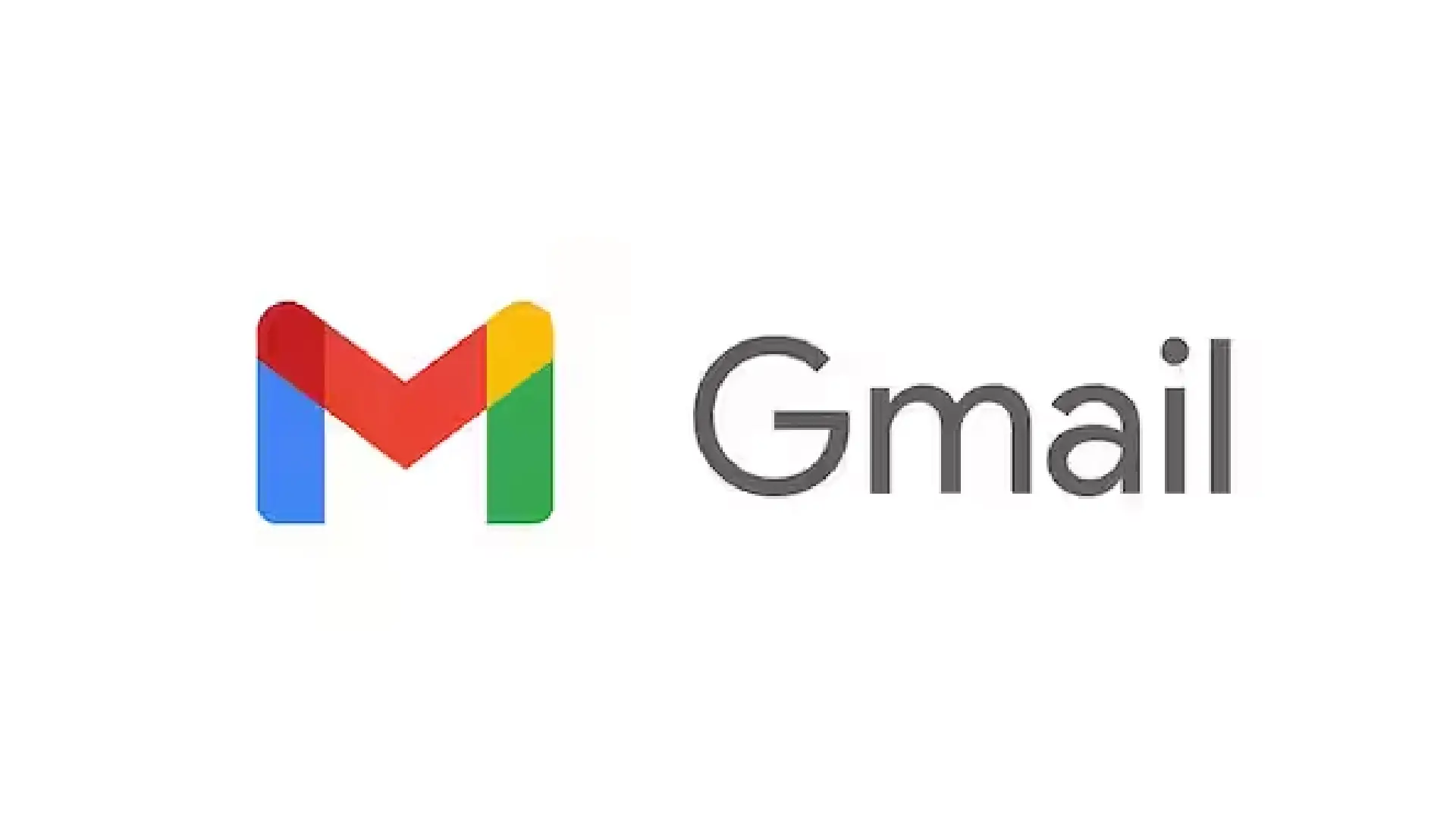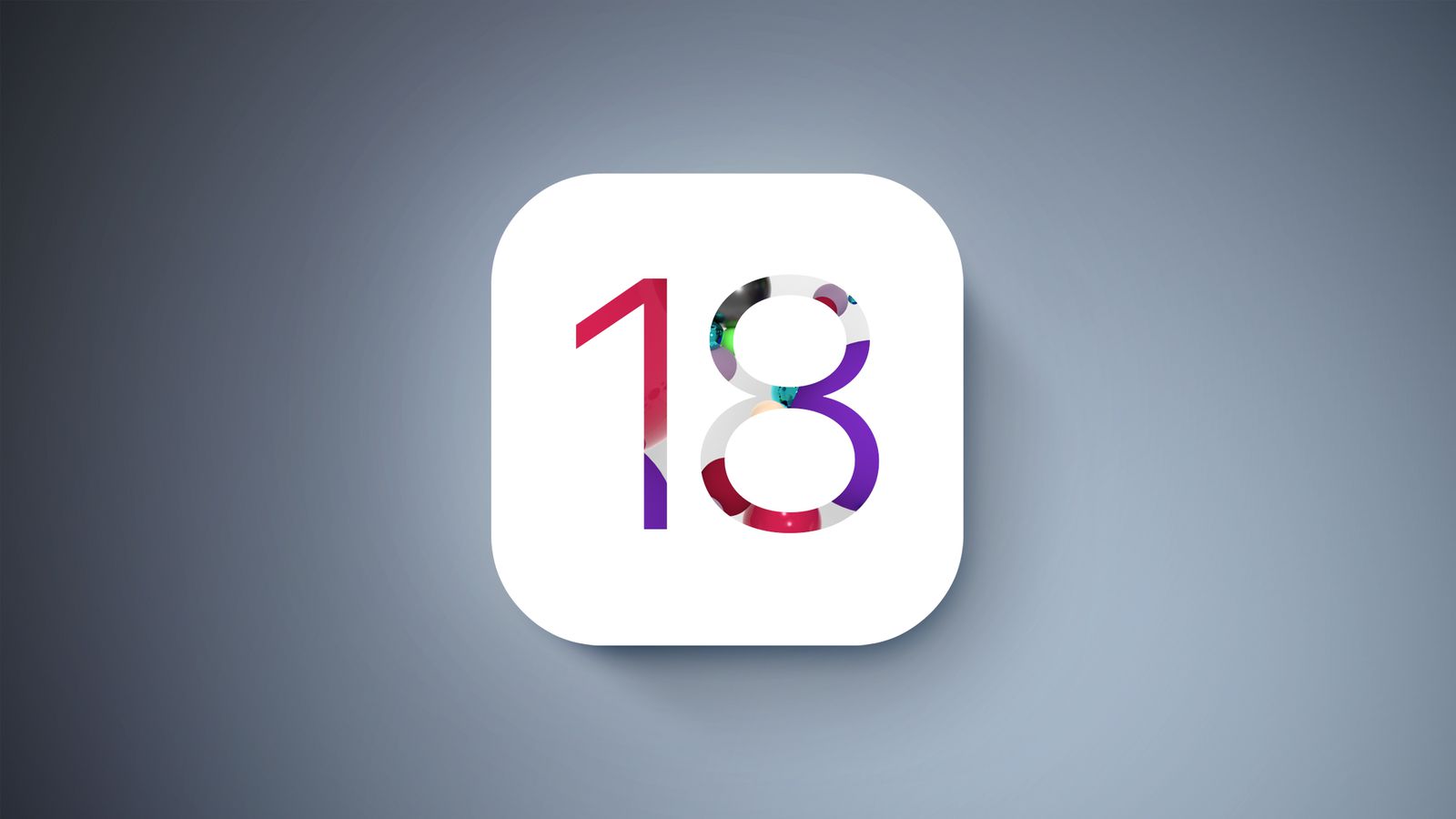Gmail, with its 2.5 billion users, has become the latest target for hackers employing increasingly sophisticated phishing attacks. This new scam uses “super realistic AI voice calls” to trick even the most tech-savvy individuals into revealing their login credentials.
The alarm was first raised by Sam Mitrovic, a Microsoft solutions consultant, who detailed his own encounter with the scam in a recent blog post. Mitrovic received a call from what appeared to be Google Support, alerting him to suspicious activity on his account. The caller claimed an attacker had accessed his account and downloaded his data, a claim that seemed plausible to Mitrovic as he had received a notification about unusual activity a week prior. However, Mitrovic quickly realized the call was a scam when he noticed the “too perfect” pronunciation and spacing of the caller’s voice, a telltale sign of an AI-generated voice.
How the Scam Works
This new breed of attack combines several deceptive tactics to lure victims:
- Phishing Emails: It often starts with a phishing email designed to create a sense of urgency and anxiety, prompting users to react quickly without thinking critically.
- Spoofed Phone Numbers: The scammers use spoofed phone numbers, making it appear as if the call is originating from a legitimate Google support line.
- AI-Generated Voice: The use of a realistic AI voice adds a layer of authenticity to the scam, making it difficult for users to distinguish between a real and fake call.
- Social Engineering: The scammers employ social engineering techniques, playing on the victim’s fear and concern for their account security to extract sensitive information.
My Own Brush with AI Scams
While I haven’t personally experienced this exact Gmail scam, I have encountered other AI-powered scams that were surprisingly convincing. One that stands out involved a voice claiming to be from my bank, alerting me to a fraudulent transaction. The voice was so realistic and the scenario so plausible that I almost fell for it. Thankfully, I remembered my bank’s policy of never requesting sensitive information over the phone and hung up. These experiences have made me incredibly cautious of any unsolicited calls or emails.
Protecting Yourself: Key Takeaways
- Be wary of unsolicited calls: Google rarely makes unsolicited calls about your Gmail account. If you receive a suspicious call, hang up and contact Google directly through their official website or support channels.
- Verify the caller’s identity: If you receive a call from someone claiming to be from Google, ask for their employee ID and verify it through Google’s official website.
- Never share sensitive information over the phone: Google will never ask for your password, credit card details, or other sensitive information over the phone.
- Enable two-factor authentication: This adds an extra layer of security to your account, making it more difficult for hackers to gain access even if they have your password.
- Regularly monitor your Gmail activity: Check your Gmail activity regularly for any suspicious logins or activities. You can access your account activity through the “Manage your Google Account” section.
- Stay informed: Keep yourself updated on the latest scams and phishing techniques by following security blogs and news sources.
By staying vigilant and following these security measures, you can significantly reduce your risk of falling victim to these AI-powered scams.




